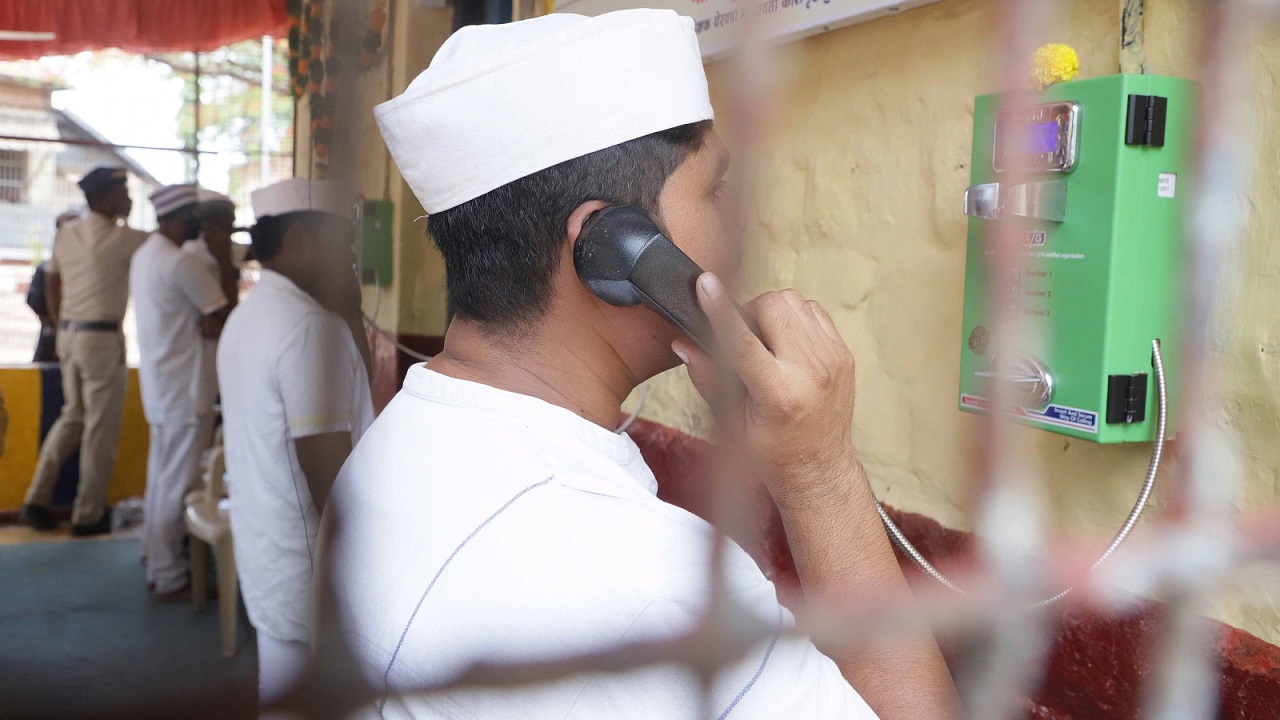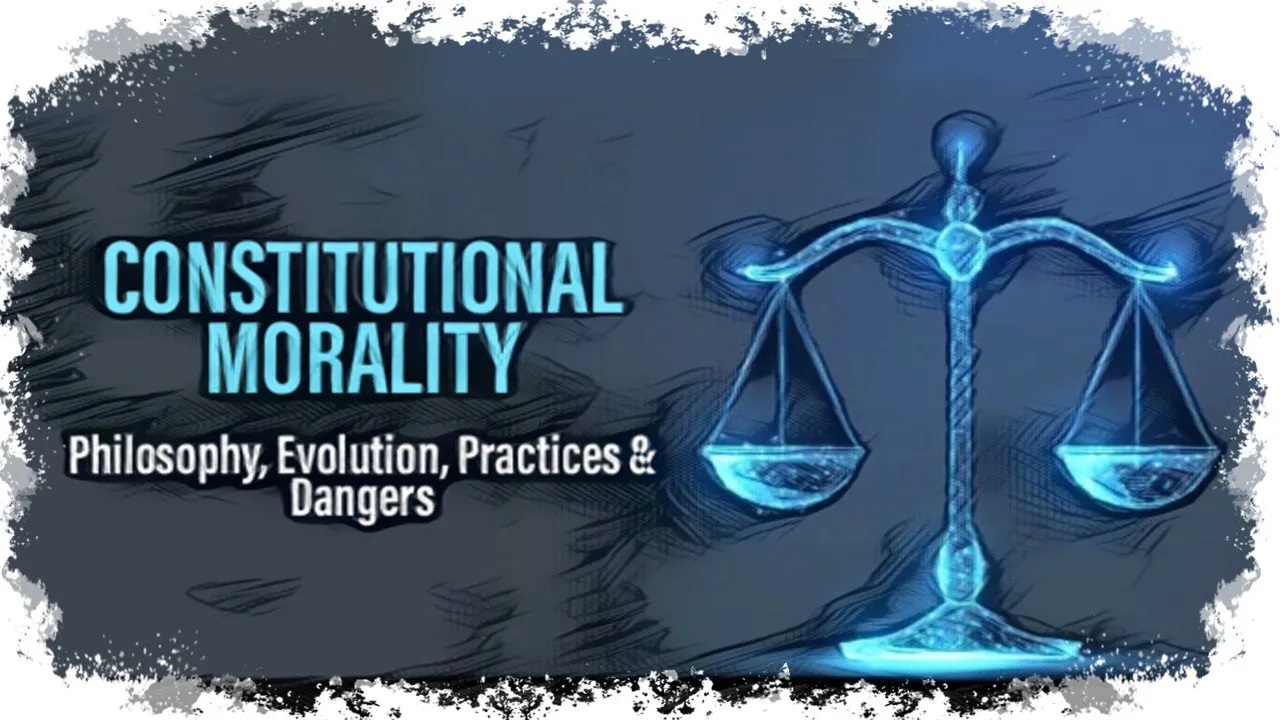Ethics vs. Law: The Fight Against Criminalisation in Politics
Context
The issue of criminals entering politics has been a major concern in India. Many elected representatives have criminal cases against them, including serious offenses like murder, rape, and corruption. This raises questions about ethics in governance and democracy.
To address this issue, Ashwin Upadhyay and others have filed a petition in the Supreme Court. They are demanding a lifetime ban on convicted persons from contesting elections. They argue that if a person convicted of a serious crime cannot apply for a government job, then such individuals should not be allowed to become lawmakers either.
The Supreme Court is now examining the issue and has asked for the views of the Central Government and the Election Commission (EC).
Current Law on Disqualification of Convicted Politicians
The Representation of the People Act, 1951 (RP Act, 1951) lays down rules for disqualification:
-
Section 8(3):
- If a person is convicted and sentenced to at least two years in prison, they cannot contest elections while in jail and for six years after release.
-
Section 8(1):
- For serious crimes such as rape, terrorism (UAPA), corruption (Prevention of Corruption Act), and untouchability (Protection of Civil Rights Act), the disqualification applies regardless of sentence length and continues for six years after release.
-
Section 11:
- The Election Commission (EC) has the power to reduce or remove a convicted person’s disqualification period.
- In 2019, the EC reduced the disqualification period of Prem Singh Tamang (Chief Minister of Sikkim) from six years to 13 months, allowing him to contest elections despite a corruption conviction. This decision was criticized.
Supreme Court’s Past Judgments on Criminalisation of Politics
The Supreme Court has previously ruled in favor of keeping criminals out of politics:
-
Association for Democratic Reforms (ADR) Case (2002):
- Made it mandatory for candidates to disclose their criminal records, financial details, and education.
-
CEC vs Jan Chaukidar Case (2013):
- Ruled that prisoners lose their right to vote under Section 62(5) of the RP Act, 1951.
- Since only electors can contest elections, this ruling meant undertrial prisoners could not contest elections.
- However, Parliament changed the law, allowing undertrials to contest elections.
-
Lily Thomas Case (2013):
- Struck down Section 8(4) of the RP Act, 1951, which earlier allowed convicted MPs and MLAs to keep their seats if they filed an appeal.
- After this ruling, convicted legislators are immediately disqualified, even if they appeal.
These judgments show the Supreme Court’s commitment to preventing criminals from holding public office, but political resistance has weakened these efforts.
What Does the Current Petition Demand?
The petitioners argue that:
- A convicted person cannot apply for a government job, yet they can contest elections and become lawmakers after a six-year ban.
- To maintain integrity in public life, convicted individuals should never be allowed to contest elections again.
However, the Central Government disagrees. In a 2020 affidavit, it argued that:
- MPs and MLAs are not government employees and do not have “service conditions” like government servants.
- The current six-year disqualification period is enough.
The Supreme Court has now asked the Central Government and the EC to clarify their stance.
Why Is This Issue Important?
A 2024 report by the Association for Democratic Reforms (ADR) found that:
- 46% (251 out of 543) of elected MPs have criminal cases against them.
- 31% (171 MPs) face serious charges, such as murder, rape, and kidnapping.
- Candidates with criminal records have a 15.4% chance of winning, while candidates with clean records have only a 4.4% chance.
These statistics show that criminals have a much higher chance of winning elections than honest candidates.
What Can Be Done?
The Law Commission (1999 and 2014) and the Election Commission have suggested reforms to stop criminalisation of politics:
- Disqualify candidates against whom charges have been framed for serious crimes (punishable by more than five years in prison).
- However, political parties oppose this, fearing that these laws could be misused for political revenge.
A balanced approach may be needed:
- Lifetime disqualification for crimes like rape, murder, terrorism, and corruption, as they directly affect public trust.
- Temporary disqualification for lesser offenses, based on severity and moral impact.
- Review of the EC’s power to reduce disqualification periods, to ensure fairness.
Conclusion
The criminalisation of politics is a major threat to democracy and governance. While a lifetime ban is necessary for heinous crimes, a one-size-fits-all approach may not be fair.
The Supreme Court’s decision on this petition will be crucial in shaping India’s electoral system. The country needs stronger laws to ensure that only ethical and law-abiding individuals enter politics, restoring public faith in democracy.




Comments (0)